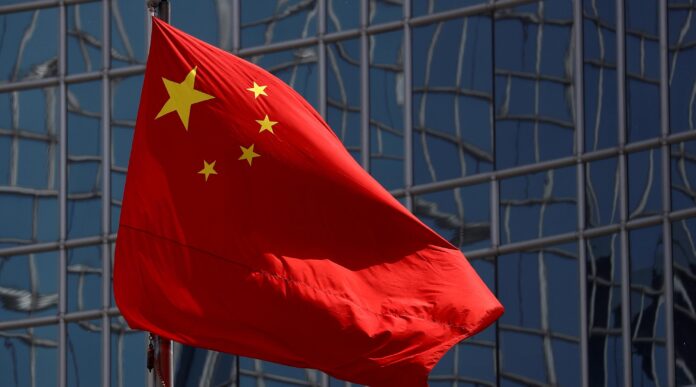Authors: Anna Gelpern, Sebastian Horn, Scott Morris, Brad Parks, Christoph Trebesch
Affiliation: Georgetown Law and Peterson Institute for International Economics; Kiel Institute for the World Economy; Center for Global Development; AidData and Center for Global Development; Kiel Institute
Organization/Publisher: AidDATA (William & Mary)
Date/Place: March 31, 2021/Williamsburg, USA
Type of Literature: Report
Number of Pages: 85
Link: https://www.aiddata.org/publications/how-china-lends
Keywords: China, BRI, CPEC, Loan, Debt-Trap Diplomacy
Brief:
“Because all the wrongs that happen in the world are done by the Chinese” is a common sarcastic phrase Chinese use when asked about the barrage of allegations made by Western capitals against Beijing. The Belt and Road Initiative (BRI) by China is one mammoth trillion-dollar multi-national project that has invited most of the opposition to China. While one must not side-step the systematic erosion of human and civil rights of the ethnic Uyghurs in East Turkistan, known as Xinjiang in western China, criticism of Beijing is more ideological than substantive. Joe Biden, the ageing US president, insisted in his first formal interaction with media that he will not allow the rise of China during his term, which ends no less than 2024. Whether that happens or not remains to be seem. Although this report may not aim to take down China’s global infrastructure building, it certainly raises many questions. It is a study of at least 100 projects that China has signed with public and private companies in 24 countries.The study claims the contracts signed “are in tension with narratives of South-South cooperation” and “belie the claim” that Chinese lenders are “purely commercial lenders.” The authors acknowledge that transparency problems abound in the world of sovereign debt and “are not limited to China.” The report adds that almost no official OECD and non-OECD lenders publicly release the text of their loan contracts. According to official records and the boost in the BRI investments, China stands at the top in lending loans in foreign lands. However, the study finds the contracts are opaque, the agreements lack details, and seek to get preference over other lenders. This research – claimed to be the first systematic analysis — categorically belies the claims of Beijing that it does not influence the domestic and foreign affairs of its borrower countries. “Cancellation, acceleration, and stabilization clauses in Chinese contracts potentially allow the lenders to influence debtors’ domestic and foreign policies,” the study says.
By: Riyaz ul Khaliq, CIGA Non-resident Research Associate




